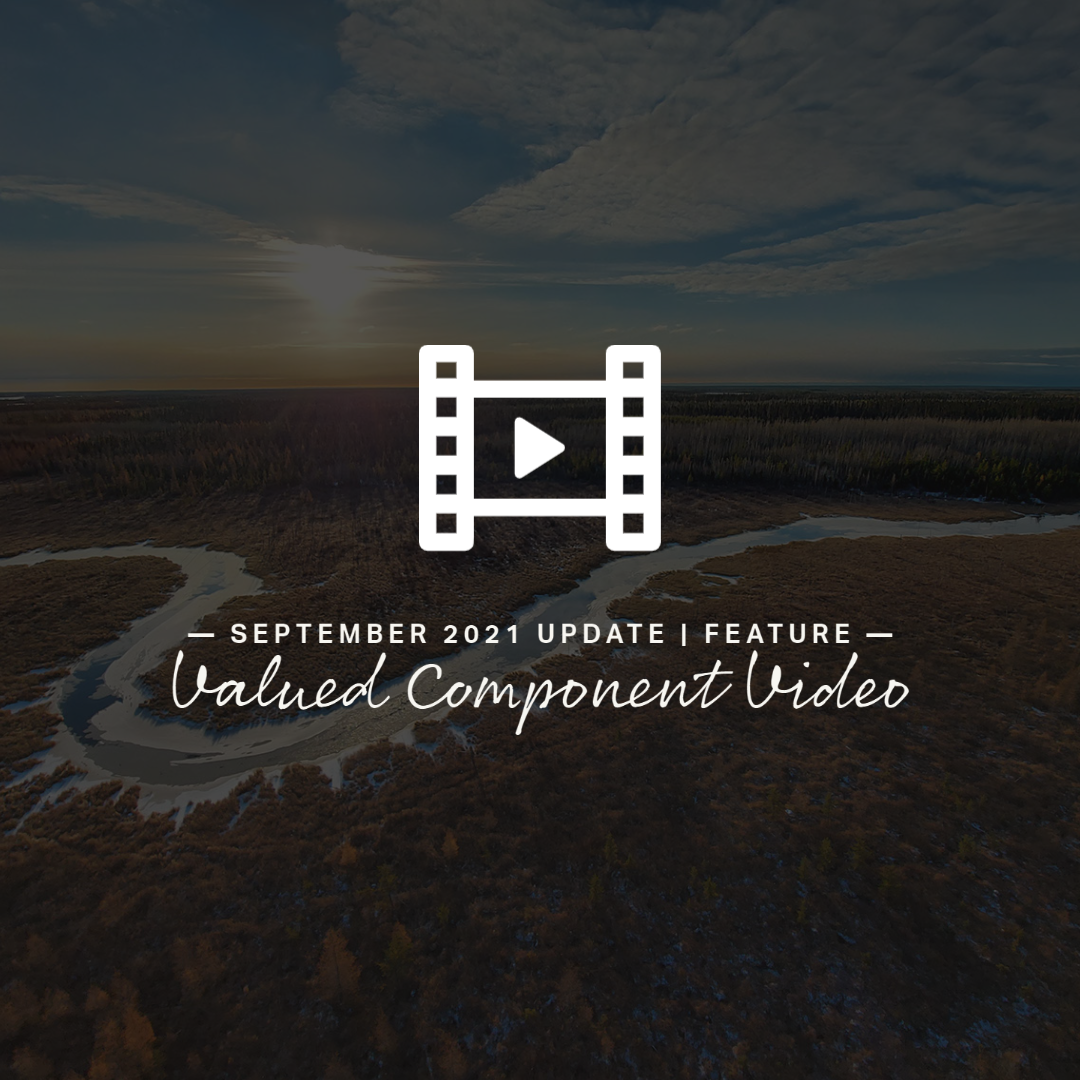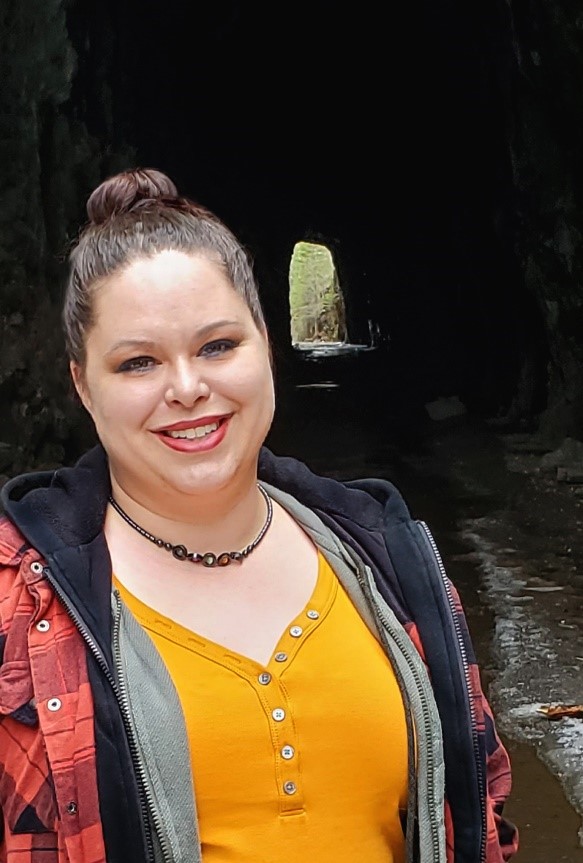Welcome to the Marten Falls First Nation (MFFN) Community Access Road (CAR) September e-blast with updates on current and upcoming activities. In this e-blast you will learn about:
Terms of Reference
Where we are at in the provincial process.
Field Studies Update
Overview of recently completed, upcoming and delayed field studies.
Valued Component Video
Watch the newly released videos about the ‘valued components’ we are studying for the environmental assessment and impact assessment, including “Vegetation”, “Surface Water, Fish & Fish Habitat” and “Groundwater”.
Project Team Profile
Get to know Larissa Stevens, the MFFN CAR Advisor and Community Consultation Coordinator.
.
Terms of Reference
The Proposed Terms of Reference is with the Ministry of the Environment, Conservation and Parks for review and a decision by the Minister. We expect a decision in the coming months and if approved, or approved with conditions, an environmental assessment for the Community Access Road can begin. Stay tuned for more information.
Read more about the Terms of Reference.
.
Field Studies Update
Recently Completed Field Studies
Surface Water and Fish and Fish Habitat
The Surface Water and Fish and Fish Habitat field program was completed on September 18, 2021. The field crew visited a total of 14 water crossings throughout the Local Study Area, assessing water, sediment, benthic invertebrates (organisms that live at the bottom of lakes, rivers and streams—like a crayfish), fish habitat and fish communities. The field crew had good weather and were joined by two MFFN community members as Field Support Staff. Surface Water field studies will continue in 2022.
Vegetation
The Vegetation program was completed on September 30, 2021. Information was collected relating to forest and wetland plants, soil conditions and geologic features in order to develop an understanding of the current conditions. This includes wetlands (asabi’biiya or asabi’gama) and muskeg (mashkiig).
Bat Acoustic Recording Units
The Bat Acoustic Recording Units program was completed on September 30, 2021. The program provides important information to help understand bat species presence, abundance and distribution. Autonomous recording units (ARUs) were deployed in June 2021 and collected in September. This program was conducted together with the Vegetation program.
Caribou Collaring Program
In February 2021, collars were deployed on caribou (atigwag). If the collars report that the animal has died, crews will investigate the site and retrieve the collar. Two collars were collected during the Vegetation field program, after the collars reported that the animals had died. The causes of death are still being studied.
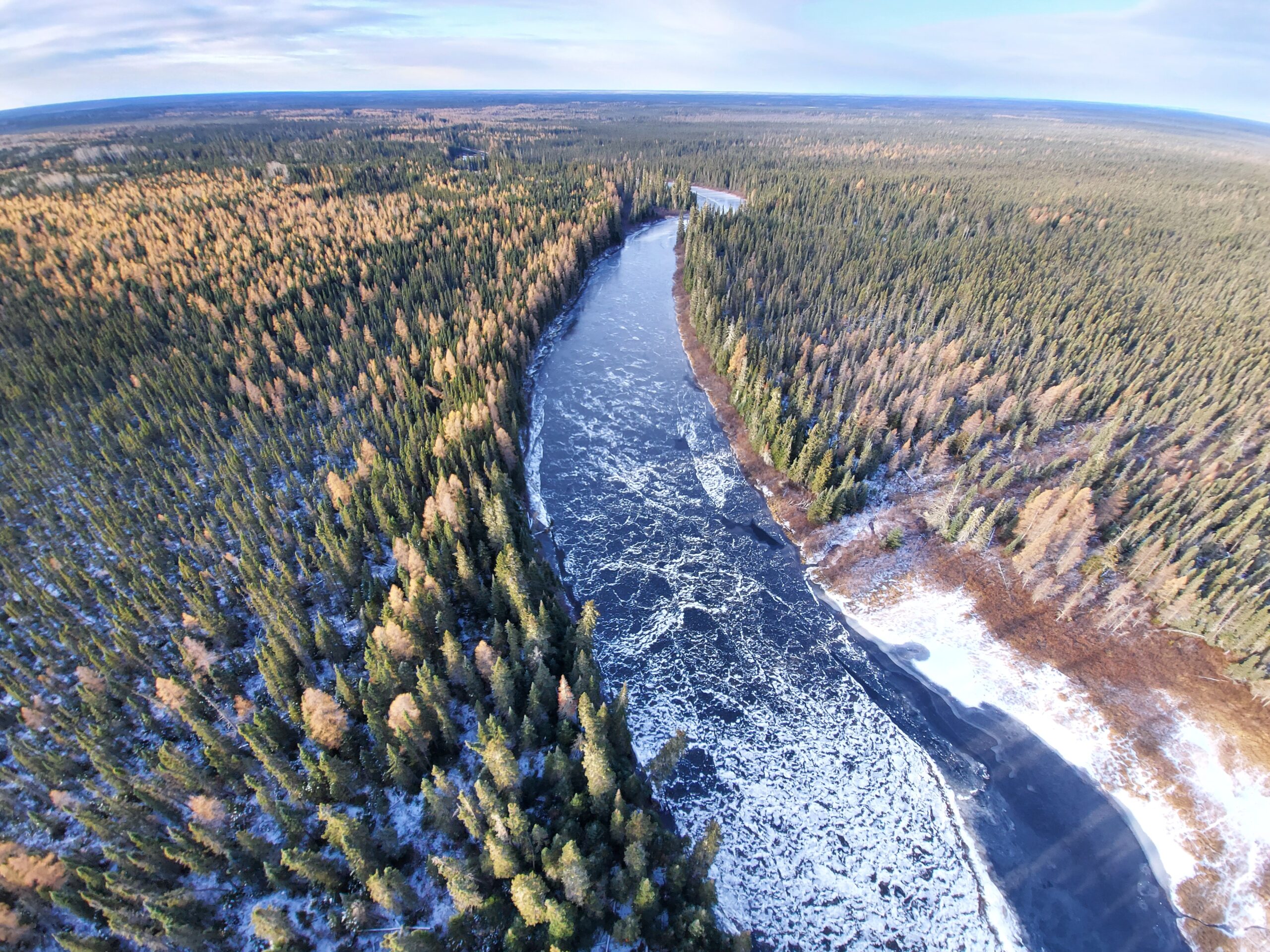
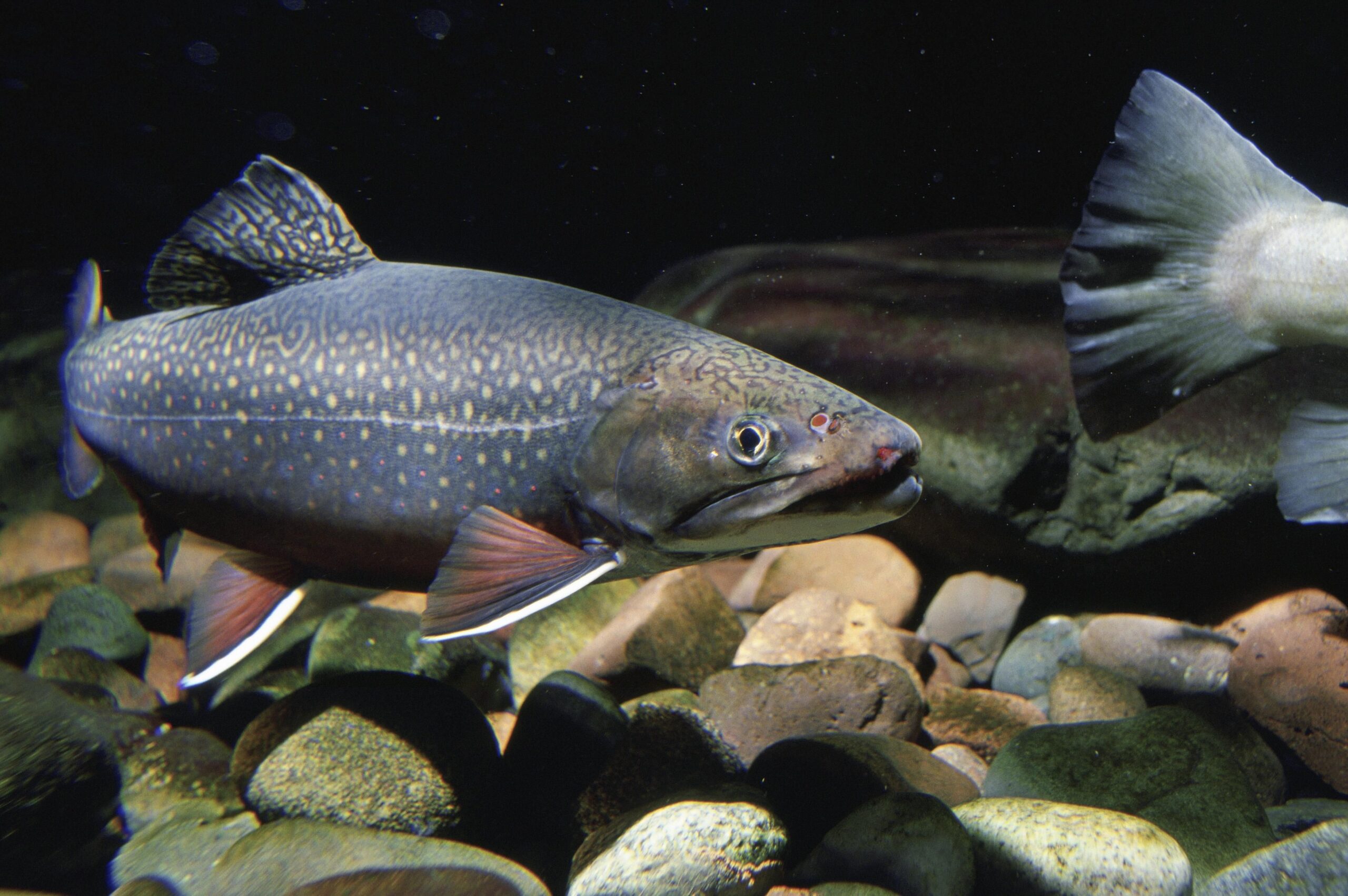
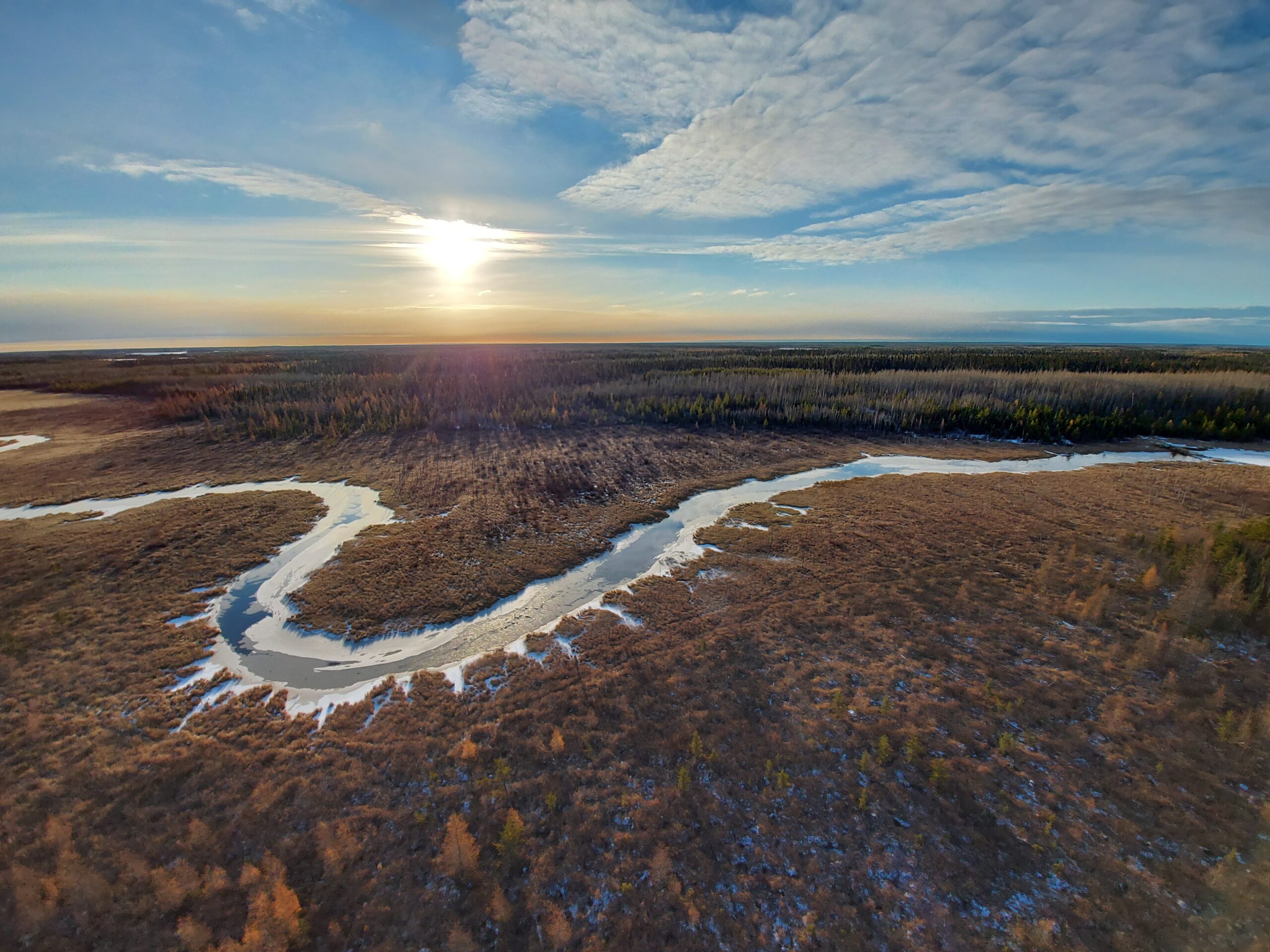
Upcoming Field Studies
To help us understand the current conditions (quality and quantity) of the environment along the Proposed Alternative Routes, scientific field studies will be taking place for aquatic and terrestrial environments and wildlife. The information we collect through these studies will be strengthened by the Indigenous Knowledge shared with us by MFFN and neighbouring Indigenous communities through the Indigenous Knowledge Program.
Program-specific Discussion Guides have been distributed to Indigenous community representatives with information about what the program is, why it’s important to the Community Access Road and asking for specific input. These guides are distributed ahead of field programs.
Below is a high-level overview of upcoming field study programs for 2021 and their approximate timelines*:
- Ungulate Remote Camera Check (November): Crews will inspect, replace batteries and memory cards in remote cameras installed in June 2021. Cameras will capture images of animals like moose, caribou (atigwag) and bears.
- Caribou Mortality Investigation (November): If there are any additional mortalities before November, crews will conduct mortality investigations with the Remote Camera Check program.
- Air Quality Monitoring Maintenance (November): The air monitoring device in MFFN will undergo routine maintenance.
- Groundwater and Geochemistry (TBD): Installation of monitoring wells so that we can assess groundwater fluctuations, seasonal changes in water quality and develop an understanding of current conditions.
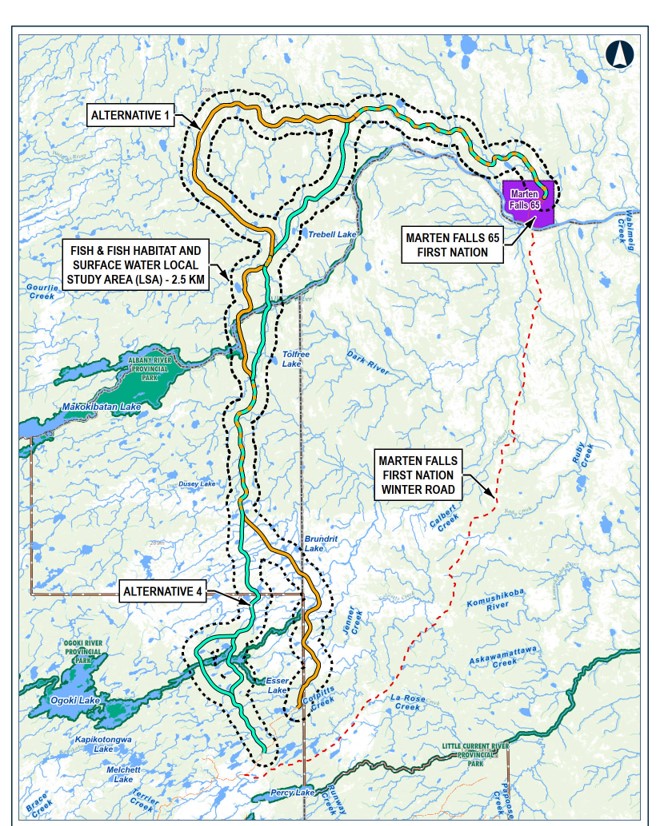
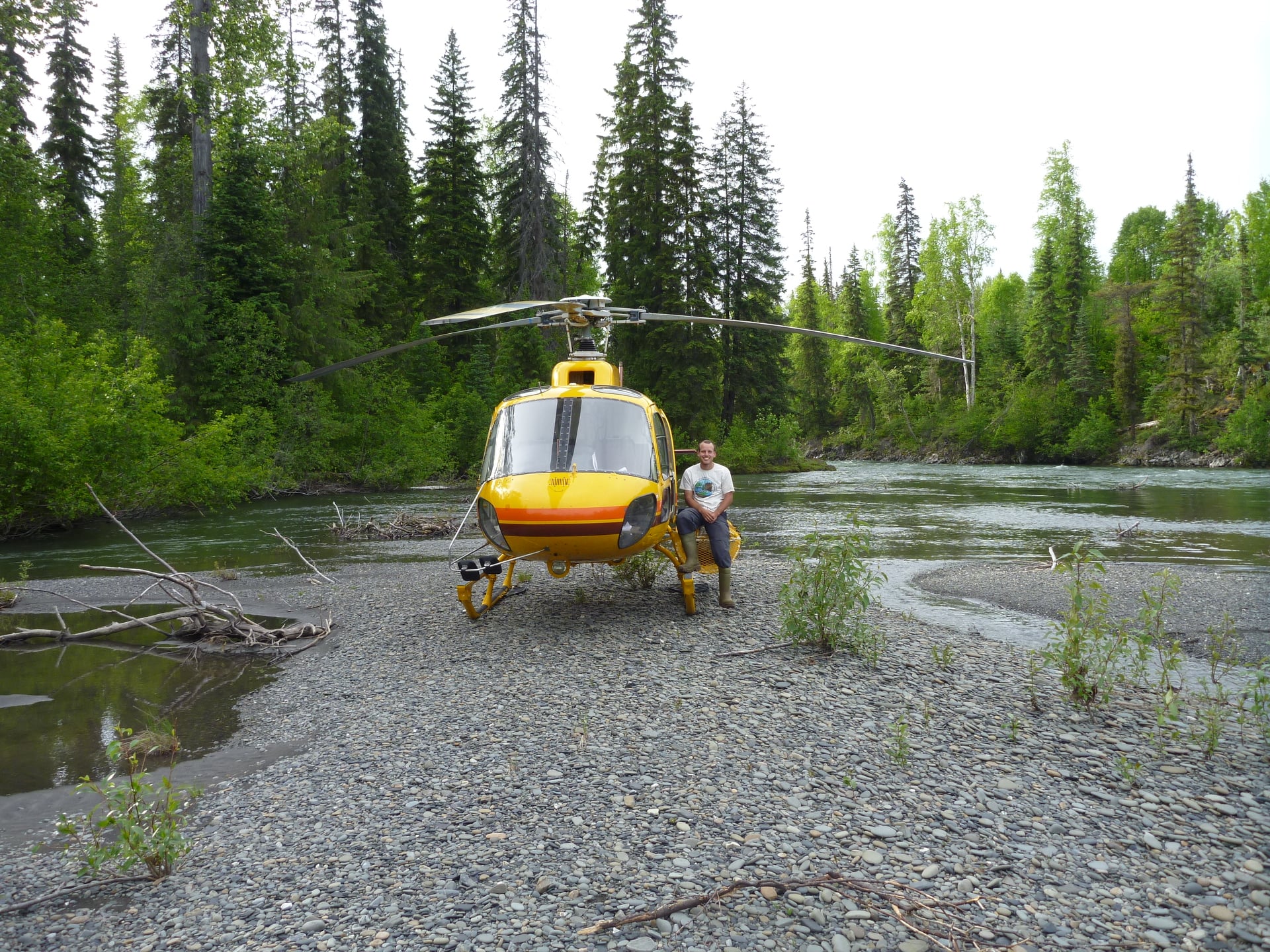
Delayed Field Studies
Fall Aerial Waterfowl surveys, Physiography and Terrain and additional Vegetation surveys have been postponed to 2022 due to limited helicopter availability following the forest fires. Field programs are seasonal and weather dependent, as such are subject to change. Detailed notices will be distributed in advance of field programs once dates have been confirmed.
*Timelines and programs are approximate and may shift; we will provide updates as required.
.
Valued Component Videos
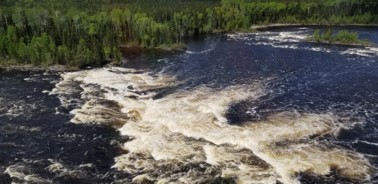
The video about groundwater was released in August. Check out the video if you haven’t already. In September, we added two new videos to our website: Surface Water and Fish & Fish Habitat and Vegetation. New videos will be added every couple of weeks; we will continue to provide monthly updates about which videos are available for viewing.
.
Project Team Profile
Larissa Stevens
President, LBS Environmental Consulting Inc.
Advisor and Community Consultation Coordinator
Larissa Stevens is an Entrepreneur, Environmental Scientist, Advisor and Indigenous Engagement Specialist with over ten years of experience in environmental consulting and engagement in Northwestern Ontario. She is happy to serve Marten Falls First Nation as Community Consultation Coordinator and Advisor on the Marten Falls Community Access Road Project.
As an Indigenous advisor and engagement specialist, Larissa advocates for building relationships, meaningful engagement and capacity building in communities as critical components to successful exploration, mineral and infrastructure development projects in Northwestern Ontario.
Larissa is well-versed in undertaking environment-related community engagement, coordination, and advisory services; and has worked directly with numerous Indigenous communities over the last six years. She is passionate about sharing her knowledge and working alongside First Nation communities, government and partners in Northern Ontario to advance development projects.

